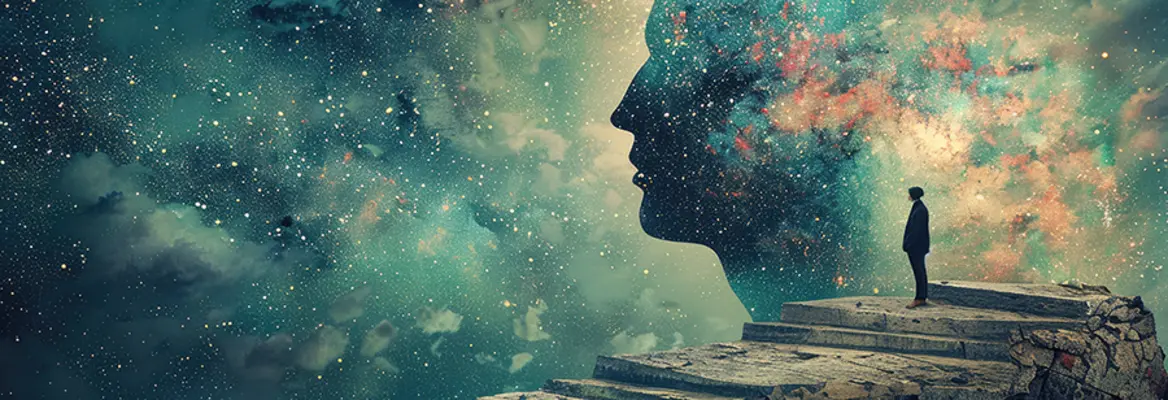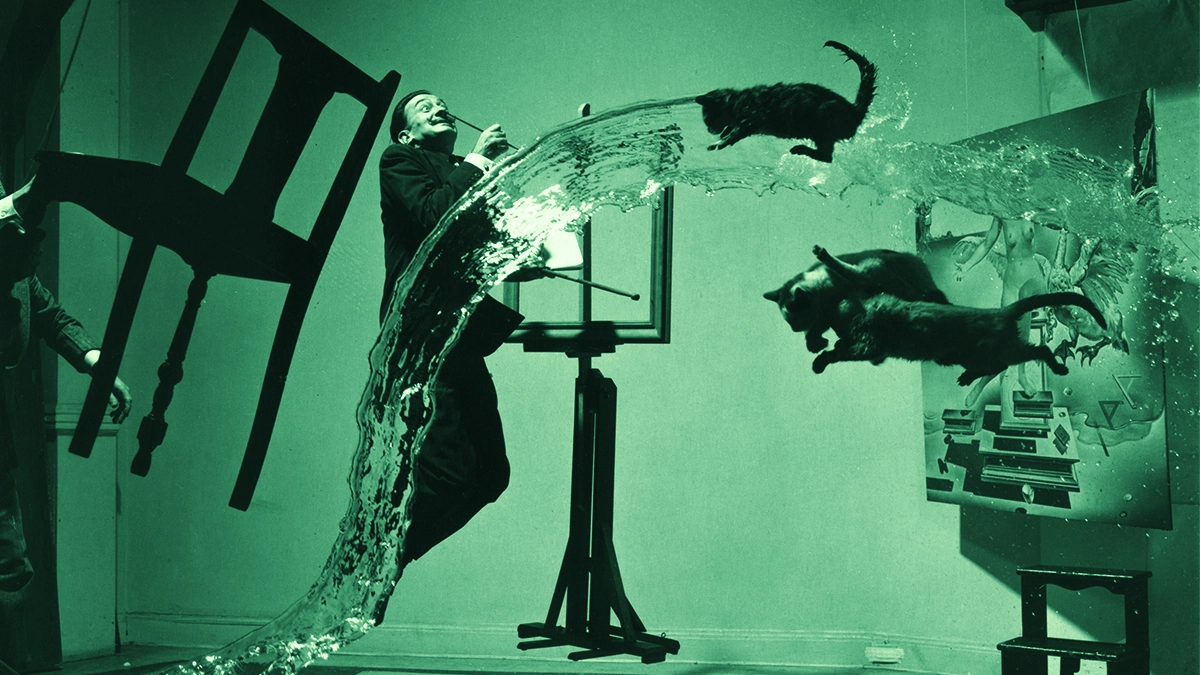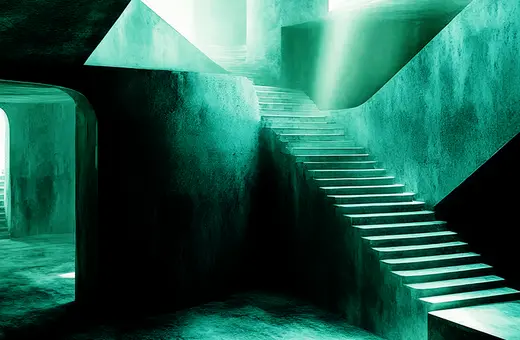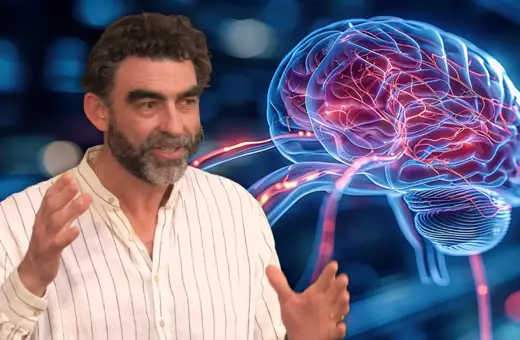Philosophers are making a mistake when they try to tame reality’s paradoxes—when they try to make consciousness, free will and the cosmos itself fit neatly within common sense. In fact, when it comes to reality, the one thing we can be certain of, argues philosopher of psychology Eric Schwitzgebel, is that it is deeply weird and contrary to common sense. Attempts to evade this weirdness by, for example, framing everything in terms of scientific materialism, cannot succeed—for monsters lurk even within materialism.
When it comes to fundamental theories of consciousness and cosmology, common sense fails spectacularly. Every serious theory of the nature of reality and the role of the mind within it is, in some respects, jaw-droppingly bizarre. And where the truth lies, among the various weird possibilities, is beyond our capacity to know—now and maybe forever.
Maybe you favor materialism: the view that everything is ultimately composed of material stuff—elementary particles like quarks, electrons, and photons. No immaterial souls that might be reincarnated or ascend to an afterlife. Just carbon-based lifeforms, stitched together from the same basic elements. Humans are just complicated versions of jellyfish, snails, and lizards.
If materialism is true, then consciousness must somehow arise from the complex swirling of matter. Tangle some molecules together just right and—voilà!—mentality ignites. The clump of matter doesn’t just react to stimuli; it sees and hears, it feels pain and pleasure, it wonders and regrets. It dreams of Middle-earth, falls in love via text message, and imagines jet skiing through the clouds. Many of us find it hard to believe that 1028 atoms, appropriately configured, could do all of this—and thus the perennial temptation to posit a soul in addition to the material body.
If you have been a scientific materialist long enough, you might be desensitized to this oddity, no longer finding it weird to suppose that a bunch of atoms could be conscious. But pursue the consequences of materialism a little farther, and stranger things follow.
You have a brain. Presumably that’s why you’re conscious while the 1028 atoms in a mound of swamp grass are (presumably) not conscious. But what is it about brains that makes them so special?
Scientific materialism generally points to properties like the following: the complex processing of huge amounts of information, the ability to guide sophisticated responsiveness to opportunities and threats in the outside environment, and the ability to represent itself and the world—all embedded in a rich physical and social environment that gives these complex processes meaning.
___
Is it simply too absurd to suppose that the United States literally has conscious experiences over and above the experiences of its citizens and residents?
___
Humans and other animals aren’t the only entities with these properties. Another such entity is the United States. (Did you think I was going to say AI systems? Yes, well, maybe them too, but let’s turn a different direction today.)
Imagine you’re a planet-sized alien observing Earth. The United States might look like a spatially distributed superorganism, with people as its parts. Each person plays a role, like a liver cell or neuron does in a human body. Now consider: Might this entity have conscious experiences of its own? I mean not just the sum of its members’ experiences but something emergent and distinct—conscious experiences transpiring at the group level, possibly had by no individual human?






















Join the conversation